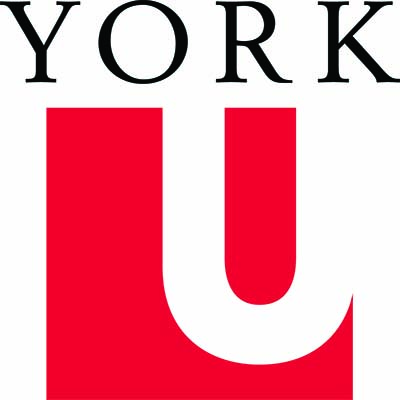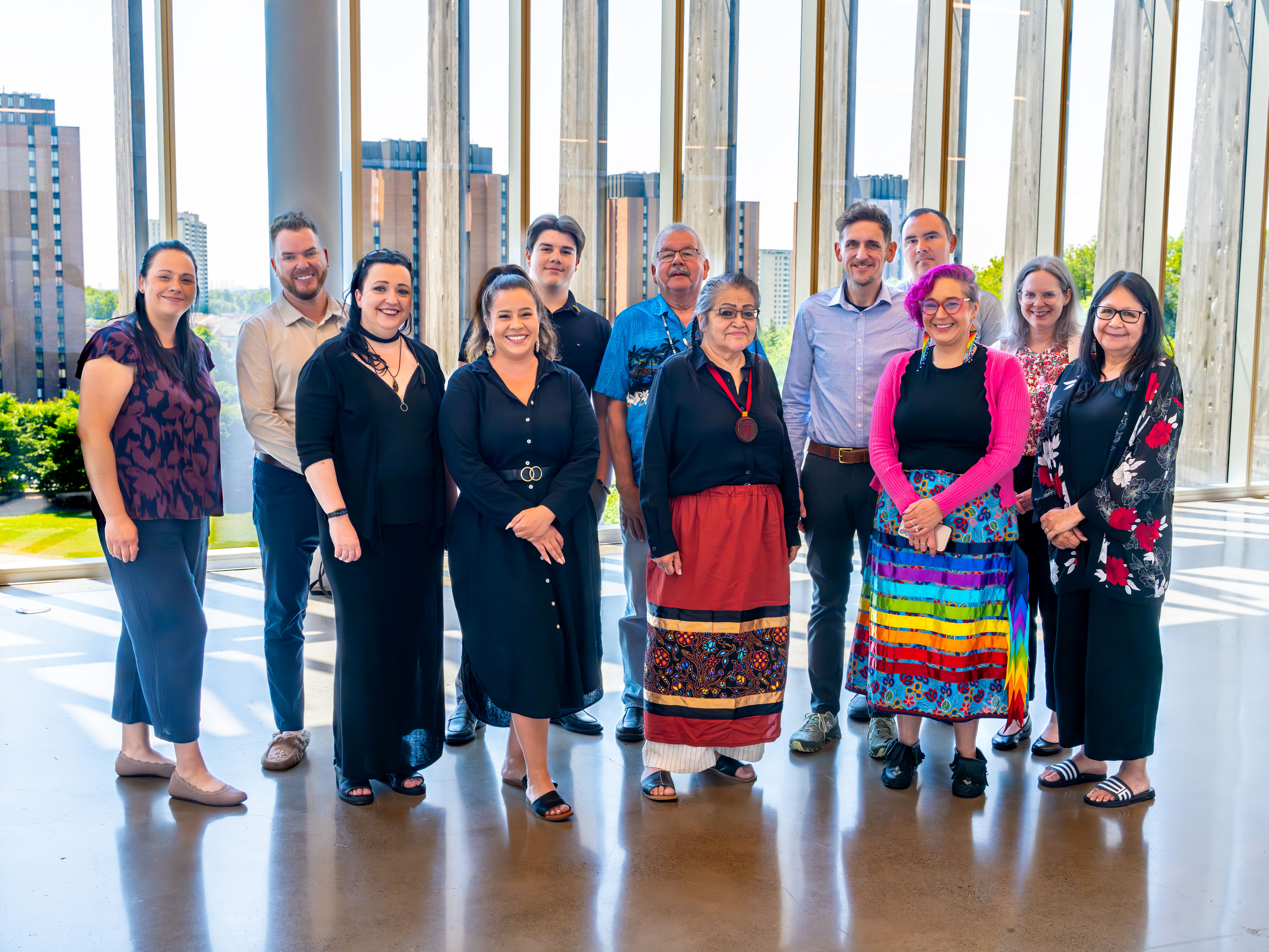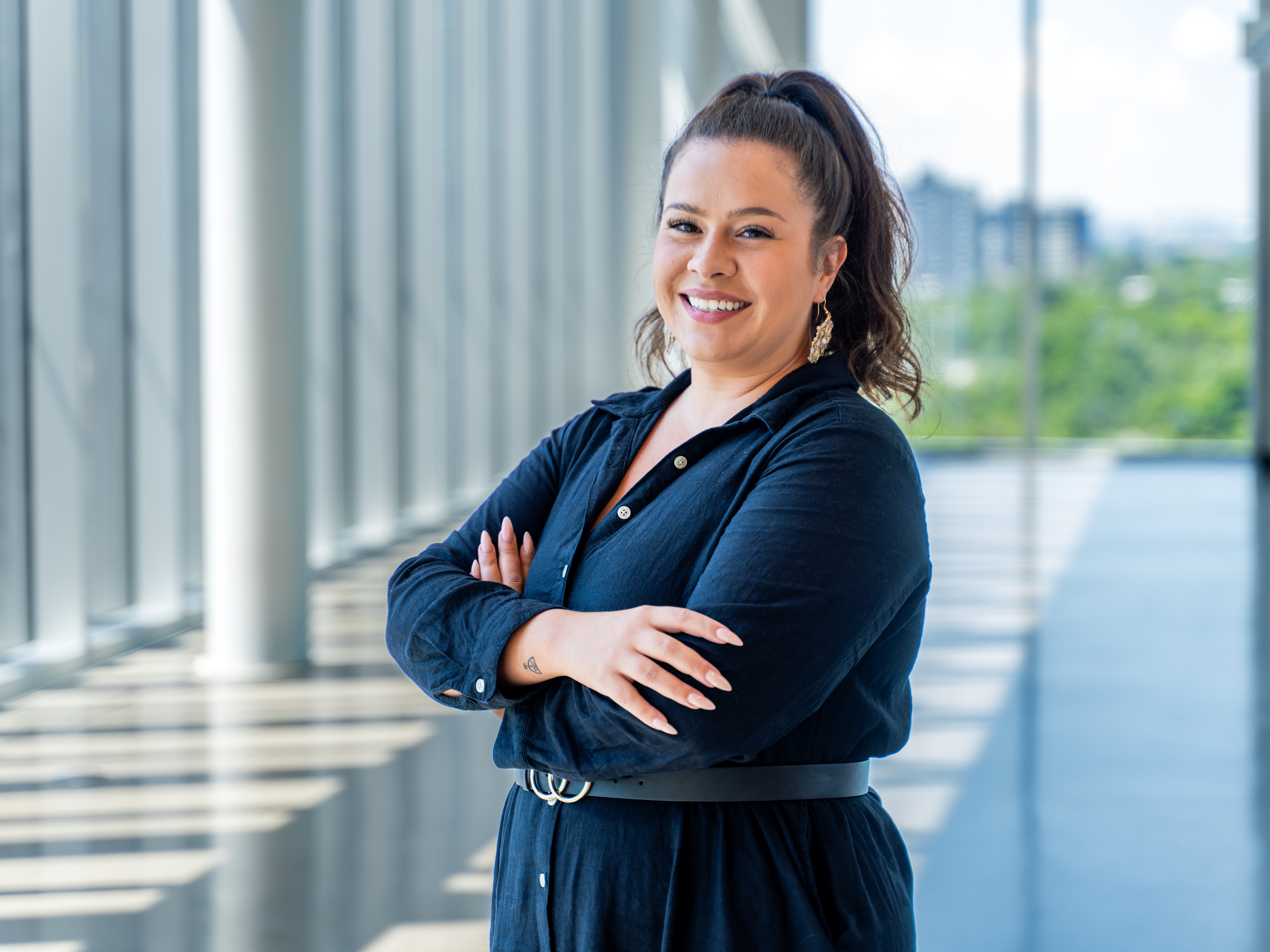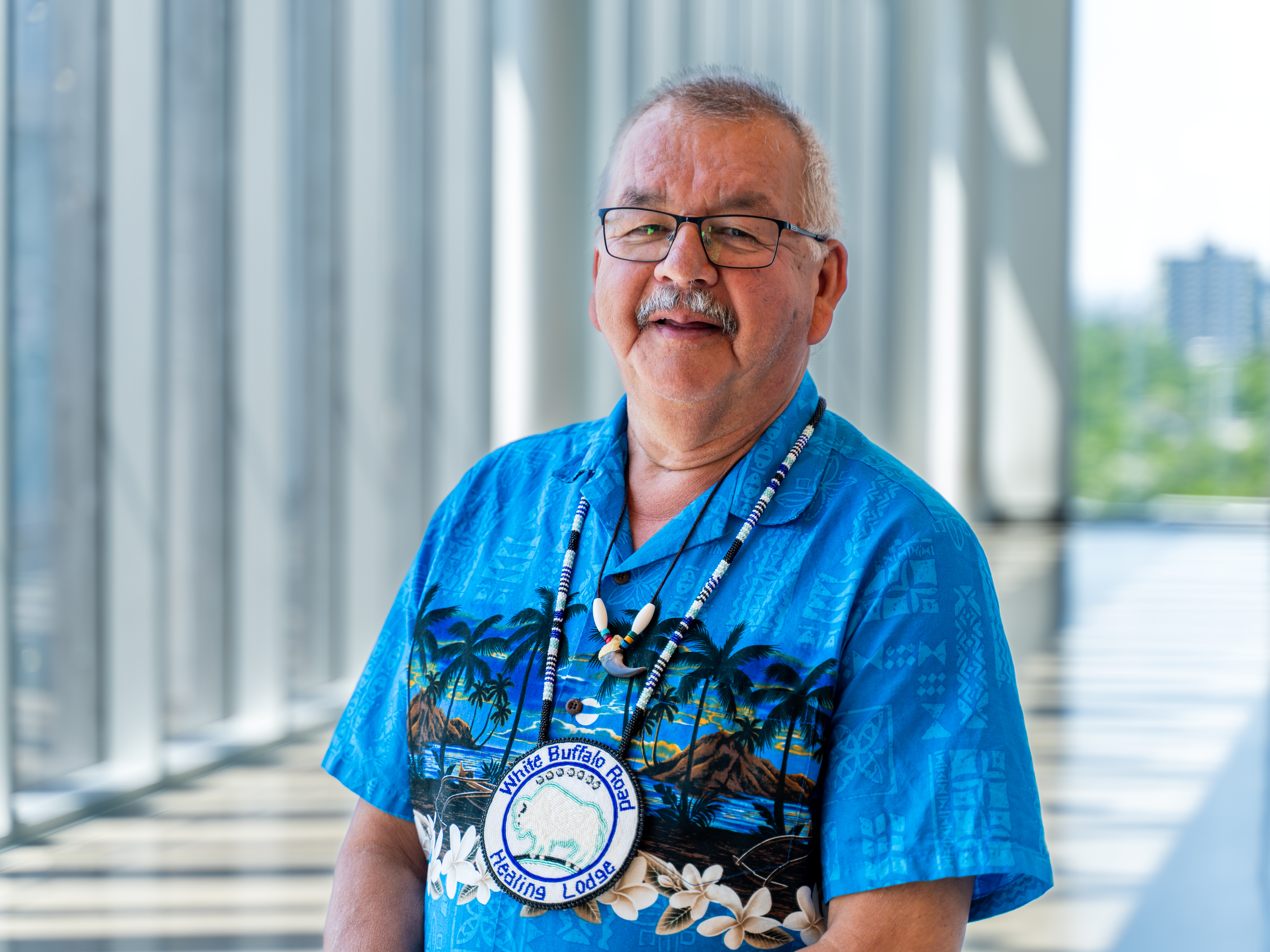Indigenous scholars at York University lead efforts to decolonize research
Sponsored by

The first fully autonomous Indigenous Research Ethics Board (IREB) at a Canadian post-secondary institution is now accepting research proposals. The board, based out of York University, was created to address long-standing concerns about the ethical treatment of Indigenous communities by academia. Its formation was guided by Indigenous leaders at the University who identified the need for a culturally aware protocol in 2019.
Made up of a council reflecting the diversity of First Nations, Inuit and Métis Peoples and gender identities, the IREB oversees all research dealing with Indigenous Peoples, communities or land, setting a new standard for culturally appropriate research practices.
“We felt it was really important that Indigenous Peoples were centered in that process. That’s why we created a fully standalone research ethics board that has the authority to review all research for risks and provide its approval,” explains Sean Hillier, associate professor in the Faculty of Health at York and chair of the team that enabled the IREB’s creation. The board was established in part as a response to longtime practices that have been detrimental to Indigenous communities.
“When we look at the legacy of the research with Indigenous Peoples across this country and across North America it hasn't been a good one. It’s been one that has caused significant harm,” says Hillier, vice-chair of the IREB. “Communities themselves tend to never actually get much or any of the benefit from that research at all.”
The new board aims to actively engage scholars from the research-planning stage, fostering ethical considerations and reciprocity throughout. The iterative approval process holds researchers accountable at all stages. All research by faculty or students conducted at York and involving Indigenous Peoples, communities and nations must go through the board, which can approve, reject or require modifications to any application. “This is a landmark for a post-secondary institution,” says Hillier.

Members of the IREB and academic collaborators met to begin their training in June. Photo by Kyle Finbow
The IREB consists of five York faculty members, one undergraduate and one graduate student, three Elders or Knowledge Keepers external to the University, as well as three non-university affiliated community members, including a youth member. This composition ensures a wide range of perspectives and expertise in the review process.
“The group of us make the final decision on the research ethics of any protocols dealing with Indigenous community members, lands, knowledges, cultural spaces and places,” says Ruth Green, associate professor and director of the School of Social Work at York, and chair of the IREB.
Tri-Council compliant but operating independent of the Office of Research Ethics (ORE), the IREB provides a separate and distinct protocol for ethical review, which makes it unique. “What this autonomy says is that Indigenous People have the knowledge and know-how to review work that’s happening with our People and with our communities,” says Hillier.
The IREB recognizes and values Indigenous research methodologies, including ceremony and oral exchange like storytelling and talking circles, and arts-based methods. Application forms are inclusive of Indigenous ways of knowing and researchers no longer have to justify these approaches as ‘other’ but can have them acknowledged as valid and integral to the work.

Hailey Thomas, inaugural member of the IREB. Photo by Kyle Finbow
“You're not having to translate who you are, your worldview, plus your research project,” says Hailey Thomas, who is Mohawk Nation wolf clan from Six Nations of the Grand River, and a board member. “The saying goes for Indigenous People ‘no research done on us or about us without us.’ We need to be involved in any research.”
This approach represents a significant departure from traditional protocols and the impact of the IREB already extends beyond York. Alison Collins-Mrakas, director of the ORE, says she’s been fielding questions from colleagues at other institutions eager to receive the ethics protocol form and other resources the IREB is creating. The board is considering whether it will have the capacity to accept applications from students and faculty at other less-resourced institutions.
“It is not about competition. It’s about the community,” says Green. “It’s about sharing it so that we don't have to have Indigenous People doing all of this work all over again.”
“Indigenous scholars are already asked to do a lot,” says Collins-Mrakas.

Vince Pawis, inaugural member of the IREB. Photo by Kyle Finbow
Vince Pawis, a Knowledge Keeper on the board, sees his role on the IREB as a continuation of his career in the criminal justice system, where he was a trailblazer advocating on behalf of the Indigenous community as a liaison in the provincial jail system. His work was propelled by those who came before him, and Pawis says his accomplishments and the progress he made was thanks in part to the knowledge passed down to him.
On being the first, Green says they don’t expect to get everything right: “Some of it will be a teaching, some of it will be a learning, but none of it will be a mistake because we grow from it.”
By centering Indigenous voices, methodologies, and ethical considerations, the IREB is setting a new standard for how research involving Indigenous Peoples and territories should be conducted and reviewed. York is committed to the United Nations’ set of Sustainable Development Goals (SDGs) of which No. 16 focuses on the promotion of a peaceful and inclusive society with access to justice for all.
“If we want to achieve the overall goal set out by the SDGs, the IREB is a foundational component of doing that,” says Hillier. For Indigenous communities, the board offers a new level of engagement and protection.
“The little part I played I’m very proud of,” says Collins-Mrakas. “I find it a crowning achievement for York University.”
Inaugural members of the IREB and collaborators, pictured in the group photo above, are back row from left: Ashley Day, Sean Hillier, Robert Virtue, Vince Pawis, Thanyehténhas (Nathan Brinklow), Brock Pitawanakwat, and Karen Drake. Front row: Maya Chacaby, Hailey Thomas, Mary Jane Metatawabin (former member), Ruth Green, and Vivian Timmins.